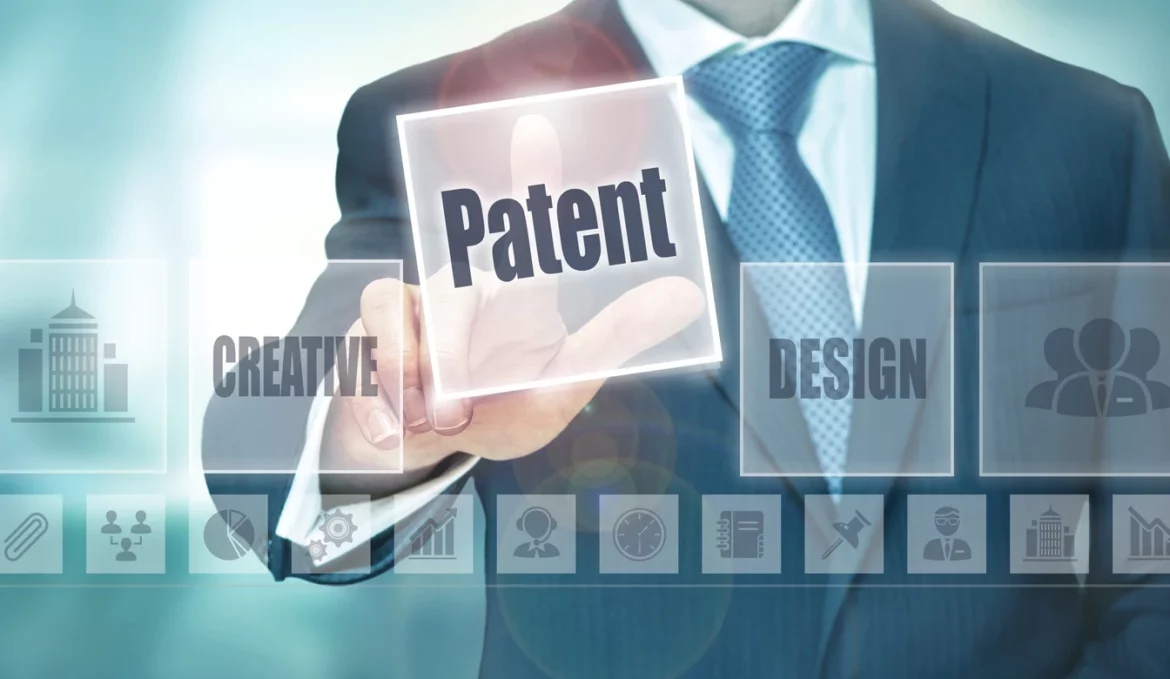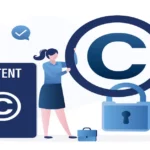Introduction
In Robert Bosch Limited v. Deputy Controller of Patents and Designs, the Madras High Court overturned the denial of Robert Bosch Limited’s patent application, determining that it was not a “mere mental act” under Indian Patents Act. The decision clarifies that technical method claims are patentable, which will have an influence on future Indian patent applications. The case was remanded for re-examination on grounds, including novelty and inventive step. The decision is significant for its interpretation of Section 3(m) of the Indian Patents Act, 1970, and its implications for patent law in India.
The patent application has been prosecuted in India by the Author, who is a registered patent attorney at DePenning & DePenning.
Key aspects of the decision:
| Aspect | Details |
|---|---|
| Date of Decision | March 25, 2025 |
| Patent Application | No. 201944047460, Method for Preheating and Controlling Fuel Temperature |
| Final Rejection Ground | Section 3(m): Mere method of performing mental act |
| Court’s Ruling | Set aside rejection, remanded for re-examination on other grounds |
| Key Reasoning | Method is technical, not a mere mental act; criticized broad interpretation of Section 3(m) |
Case Background
The case emerged from an order issued by the Deputy Controller of Patents and Designs, Government of India, on August 7, 2023, rejecting Bosch’s patent application. The rejection was initially predicated on a variety of grounds, including a lack of novelty, an absence of inventive step, and exclusions under Sections 3(d) and 3(m) of the Patents Act of 1970. However, the final rejection based entirely on Section 3(m), which specifies that “a mere scheme or rule or method of performing mental act or method of playing game” is not patentable.
Robert Bosch Limited, a multinational engineering and technology business, contested this rejection, saying that the ruling was arbitrary, lacked adequate logic, and misapplied Section 3(m). They maintained that their innovation, a method involving steps like measuring fuel and ambient temperatures, calculating preheating power, and enabling engine startup based on temperature conditions, was a practical process, not a mere mental act.
The Deputy Controller defended the rejection, asserting that the invention was theoretical and did not result in a tangible product, thus falling under Section 3(m).
Court’s Analysis and Decision
The Court, presided over by Justice Senthilkumar Ramamoorthy, examined the independent claim (Claim 1) of the patent application. The claim detailed a series of steps that the Court found to be technical and practical, involving physical measurements and processes rather than abstract or mental activities. The Court concluded that this method does not constitute a “mere method of performing a mental act” and thus does not fall under the exclusion of Section 3(m).
The Court emphasized that the Patents Act permits the patentability of processes that have a technical effect, in accordance with international patent standards, and criticized the Deputy Controller’s interpretation of Section 3(m) as being too broad, pointing out that such an interpretation would exclude all method claims, which runs counter to the Act’s protection of both product and process claims.
As a result, the Court set aside the impugned order dated August 7, 2023, and remanded the matter for reconsideration.
Legal Context: Section 3(m) of the Indian Patents Act, 1970
Section 3(m) excludes “a mere scheme or rule or method of performing mental act or method of playing game.” This provision aims to prevent the patenting of abstract ideas, algorithms, and business methods without technical application. For example, a method for playing chess would not be patentable, but a computer program implementing an efficient chess-playing algorithm might be, depending on its technical contribution.
According to the Court’s interpretation in this case, method claims that involve physical steps and technical effects, such as Bosch’s fuel preheating method, are not excluded under Section 3(m), as long as they also satisfy other patentability requirements. This interpretation is consistent with the distinction between abstract methods and technical processes.
The decision can be contextualized with broader patent law principles. For instance, cases like Microsoft Technology Licensing, LLC vs The Assistant Controller Of Patents And Designs (related to Section 3(k) on computer programs) highlight the importance of technical contribution in patentability assessments. This case similarly emphasizes that the Patent Office must assess whether a method claim has a technical effect, not merely dismiss it as abstract.
The Novartis AG v. Union of India case, primarily concerning Section 3(d), also underscores the judiciary’s role in interpreting patent exclusions to balance innovation and public interest. The Bosch decision extends this approach to Section 3(m), ensuring that technical method claims are not unduly restricted.
The Court’s criticism of the lack of reasoning in the initial rejection order underscores the need for patent offices to provide detailed, well-reasoned decisions. This may lead to more robust examination processes and fewer arbitrary rejections.
Conclusion
The Court decision in Robert Bosch Limited’s patent appeal is a landmark decision that explains the meaning of Section 3(m) of the Indian Patents Act of 1970. By stating that technical method claims are patentable if they incorporate practical procedures, it gives guidance for future patent applications and promotes a balanced approach to innovation and patent law. The remand for re-examination underscores the continuous patent evaluation process, which may have ramifications for how patent offices handle similar matters in the future.
Key Citations



